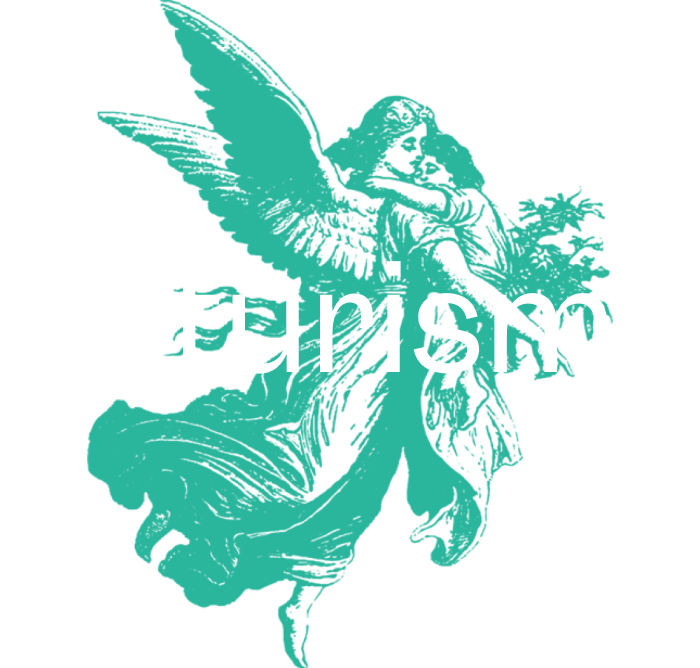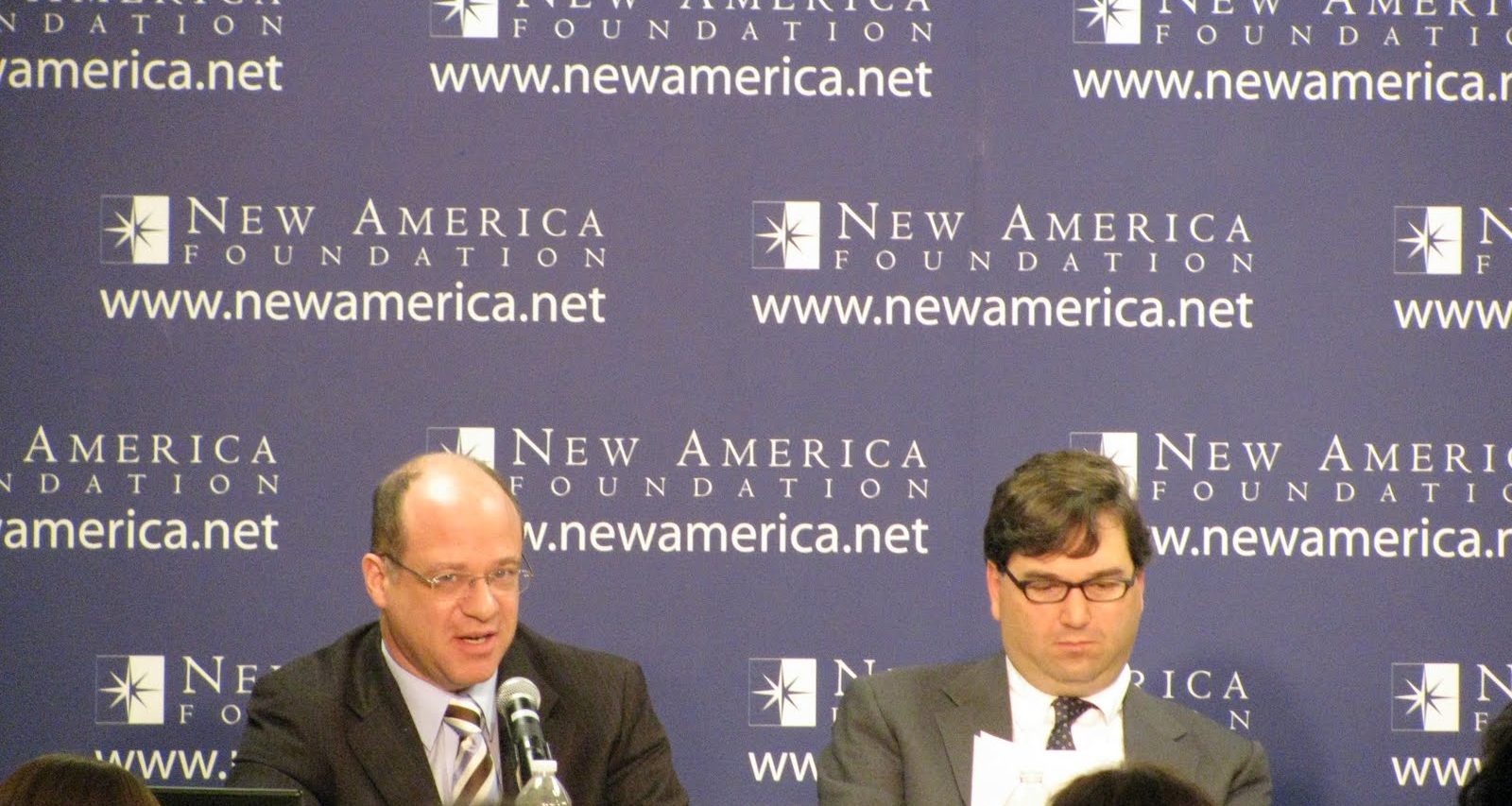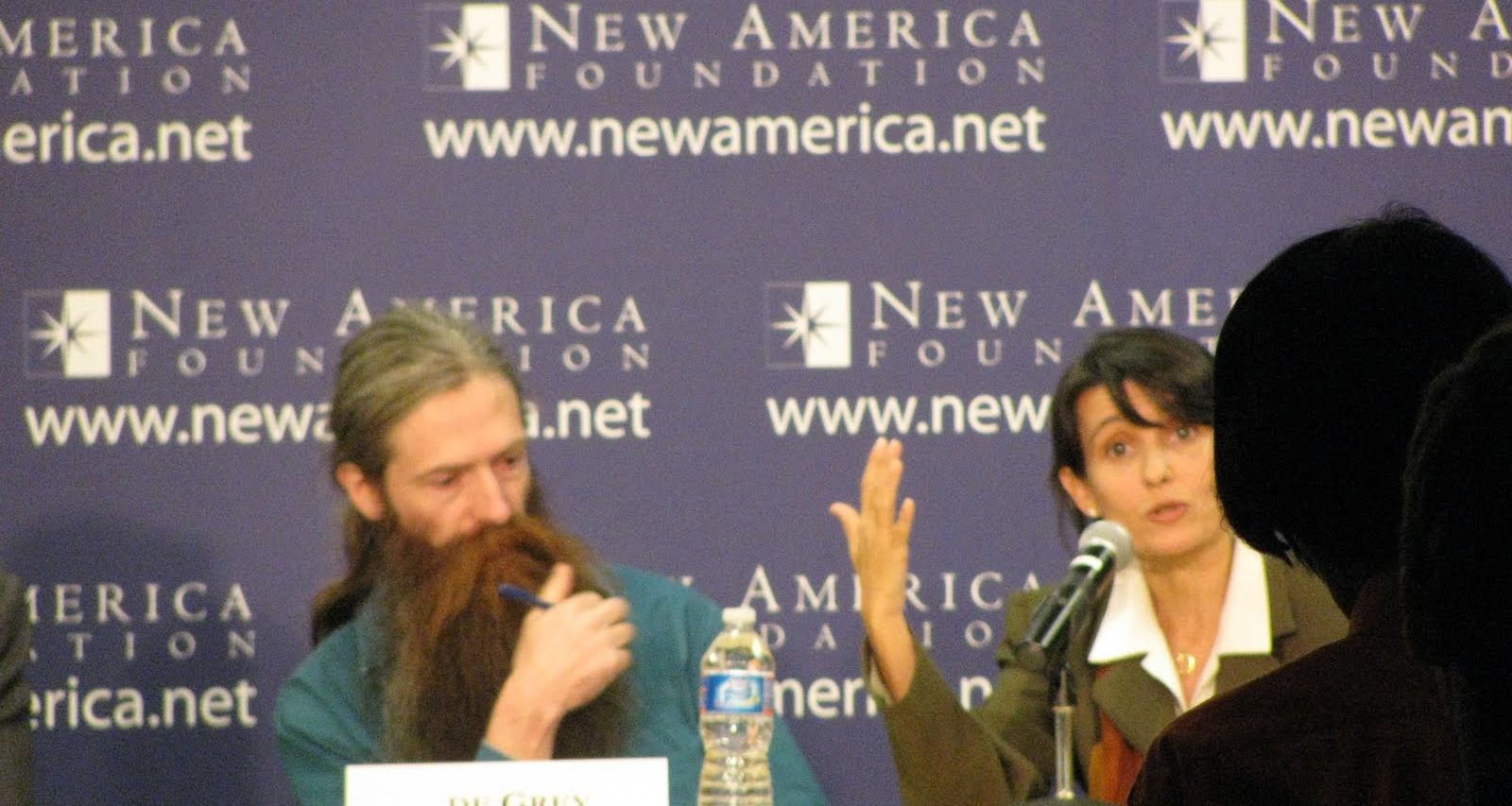November 17, 2010
“What it Means for Society to Drastically Prolong Life” (panel two)
The second panel at today’s conference was called “Happily Ever After? What it Means for Society to Drastically Prolong Life.” The first speaker was Ted Fishman, author of the concisely-titled book Shock of Gray: The Aging of the World’s Population and How it Pits Young Against Old, Child Against Parent,...







